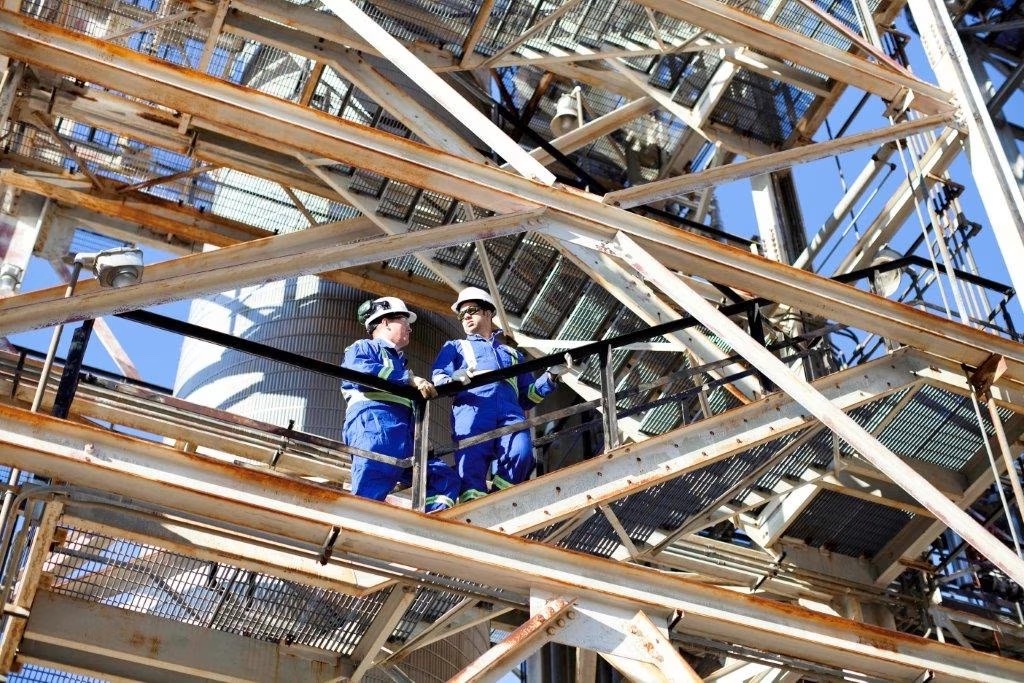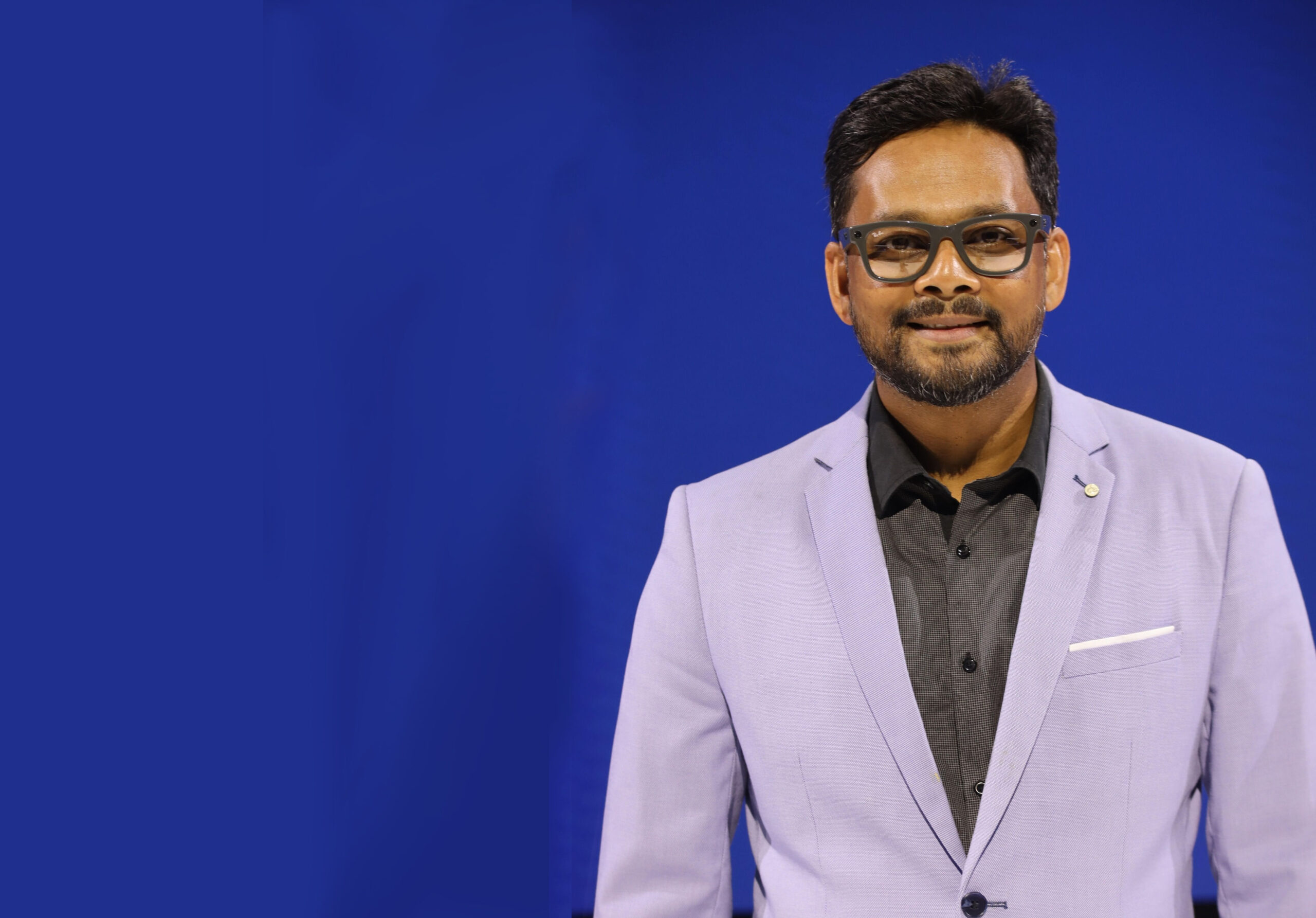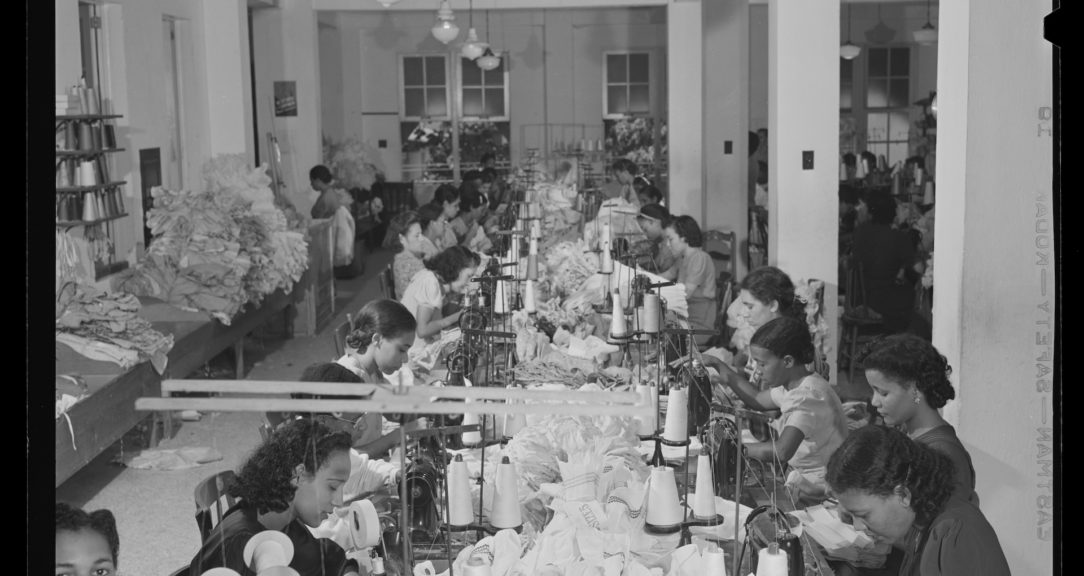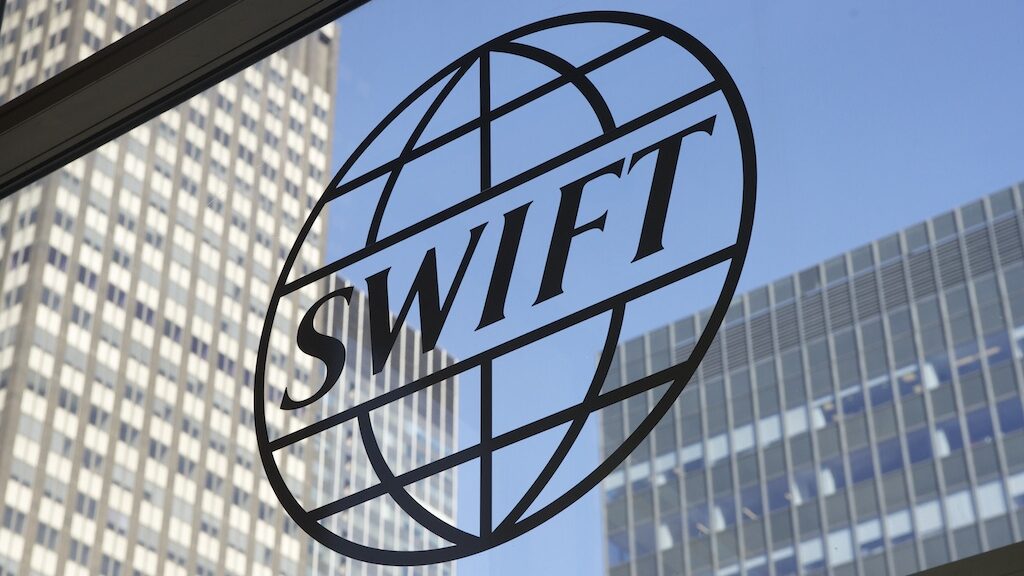As Worley’s Global Payroll Transformation Lead, Farhad Mahbub’s mantra has always been: “Can I do it better?” After years of advocating for automation in the payroll department at various companies throughout his career, Mahbub was recruited by Worley to improve their payroll process in 49 countries. Worley, which provides consulting expertise to energy companies across six continents, was struggling to juggle various local legislations and manual processes across its global payroll.
Mahbub’s goal was to bring all of these different payroll systems under one global umbrella while trying to simplify complex processes through automation wherever possible. But Mahbub had led enough payroll transformations in his career to know that automation without a strategy was a surefire way to court trouble.
ADP ReThink Quarterly: Can you tell us a bit about your background and how you ended up at Worley?
Before joining Worley, I worked for Big Four consulting firms for around nine years. Before consulting, I also worked in several multinational companies in Norway and Malaysia. So I had more than 15 years of HR and payroll experience.
After I finished my consulting career, I started working for a health-based company as a head of payroll operations in Sydney. While working there, I got approached by the Worley recruitment team, and they pitched me this role as Global Payroll Transformation Lead, where I could run a transformative payroll improvement program, developing the process in 49 countries. And that’s when I found that my experience in global scales and in consulting across various industries could be useful.
ADPRQ: Can you tell us a bit more about this challenge and how you approached it?
Worley wanted to solve a fragmented payroll operating model. There was no global concept at the time. Every country was managing their own payroll, with no global reporting or insight analysis.
When I learned about the problem, I thought it would be quite exciting for me to bring all 49 countries under a global umbrella. From Sydney, I should be able to see what every country is doing, how much wages are paid, and what challenges and issues I’m dealing with. I’m working with ADP to design that roadmap.
It’s not easy — we can’t go in one big bang. So far, we have brought seven countries live with ADP in less than 12 months. Of course, this is a multi-year project, and I’m working jointly with ADP to sort it out. I have to convince all the countries to move slowly under one centralized payroll platform. Right now, we still have more than 30 payroll systems in the company, and many countries are still doing a lot of manual work to maintain operations.

ADPRQ: When did you first start thinking about the importance of automation in payroll?
Personally, I always used to challenge myself. Whenever I was asked to do any manual work, or whenever I had to do any manual work, I always asked: Can we do it better? Can we do something differently? That’s when I tried to find solutions through automation, and with my business degree background and programming knowledge, I tried to invent new things to make processes easier. This helped me run an ERP [Enterprise Resource Planning] project much better.
When I was working for the sales department in a Norwegian telephone company, the HR team wanted to start an HRIS project to automate day-to-day functions. At the time, people were submitting leave through paper forms and there were no automated pay slips. The data management of HR information was quite manual.
In 2005, there were no smartphones and very little automation. People used to love doing things through paperwork. At the time, running this sort of big project was quite challenging, and it was a huge risk. However, when we started doing things, we found that we got a lot of support from end users, because we reduced waiting times and provided transparency during the process. For example, in automated workflows, you can see where your request is and you can see who is going to approve your request. You can track it.
ADPRQ: How did ADP help you on your payroll journey?
I had already worked with ADP when I was in the telecommunications industry. I worked more closely with them when I moved into consulting because in that role you have to know what’s happening in the market and keep up to date with the latest innovations.
This focus on people includes your payroll partners – you need to be able to trust your partners as much as your own team. For Mahbub, this trust comes from responsiveness: “The ADP team was very responsive. This is vital if you are going to build trust with your suppliers.” It was this kind of transparency that led Mahbub to strengthen the partnership with ADP in his next role at Worley.
ADPRQ: In your experience, how can automation processes be effectively integrated into existing payroll systems?
Understanding your existing process is as important as understanding the new one. If your existing process is not improved or streamlined, then all automation will do is make a wrong process faster. We call it “garbage in, garbage out.”
If we are running global payroll, then we also need to think about the mix of global versus local processes. I believe thinking global but acting local is important in process transformations. For example, the master data integration process with the HRIS solution could be global, but the tax configuration could be local. So before adding any automation, you should assess your existing process.
We also need to think about the people who are working in your existing operations, and the team that will be leading this transformation going forward. If people don’t accept the initiatives, then we will be at risk of not getting the full outcome from transformative projects.
I’ve been lucky to be at the forefront of automation in my career, and working as a consultant has given me an incredible view of how automation is changing payroll and HR functions. But all this has taught me that we still need to focus first on people and trust. All our systems are ultimately about people. Payroll transformation only works if you can build trust between the teams working in HR and payroll services in your company, and between your company and your payroll supplier, like we have with ADP.
Contact ADP to discover how your organization can innovate and streamline your global payroll processes.
Read more
Sign up to keep up to date with ReThink Q.







